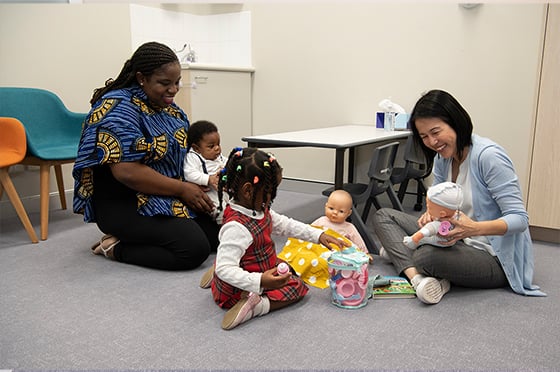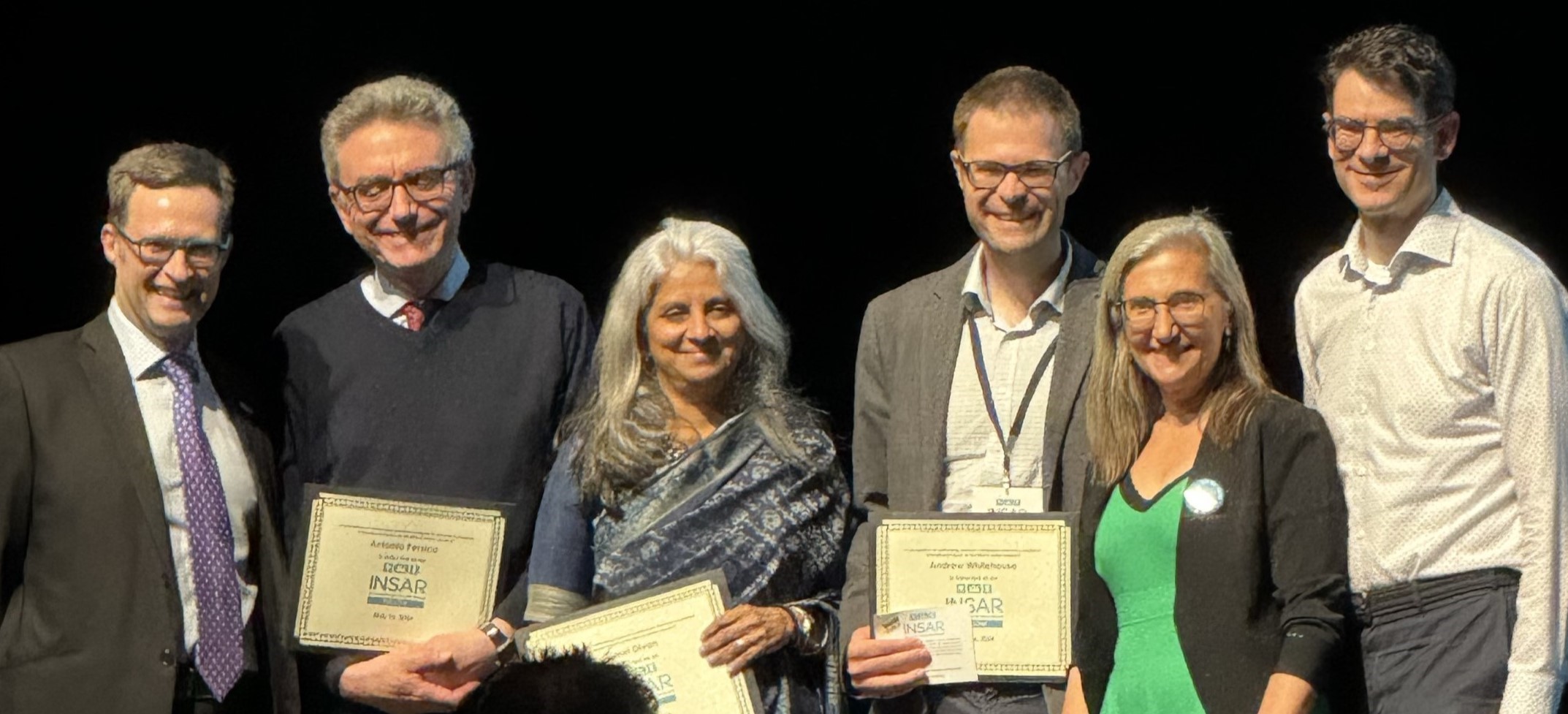Search
Showing results for "autism"

View a collection of published research from The Early Start Screen Smart Program.
Research
Predicting language difficulties in middle childhood from early developmental milestones: A comparison of traditional regression and machine learning techniquesThe current study provides preliminary evidence that machine learning algorithms provide equivalent predictive accuracy to traditional methods for language difficulties in middle childhood
Research
A genome-wide approach to children's aggressive behavior: The EAGLE consortiumCommon variants at 2p12 show suggestive evidence for association with childhood aggression
Research
Maternal vitamin D deficiency alters fetal brain development in the BALB/c mouse.Prenatal exposure to vitamin D is thought to be critical for optimal fetal neurodevelopment, yet vitamin D deficiency is apparent in a growing proportion of...
Research
Evaluating the twin testosterone transfer hypothesis: A review of the empirical evidenceIn this paper we review the evidence that fetuses gestated with a male co-twin are masculinized in development, perhaps due to the influence of prenatal...
Research
The effects of breast-feeding duration on language ability to middle childhoodModern societies are challenged by "wicked problems" - by definition, those that are difficult to define, multi-casual and hard to treat.

Find out more about Psychology services at CliniKids.

News & Events
Accolades for AndrewProfessor Andrew Whitehouse was recently inducted as a Fellow to the International Society for Autism Research, making him just the fourth Australian to be bestowed the honour.


Chloe Mum of two, Tom and Alexis. Community fundraiser. When our eldest child Tom was first diagnosed, I really didn’t know much about
